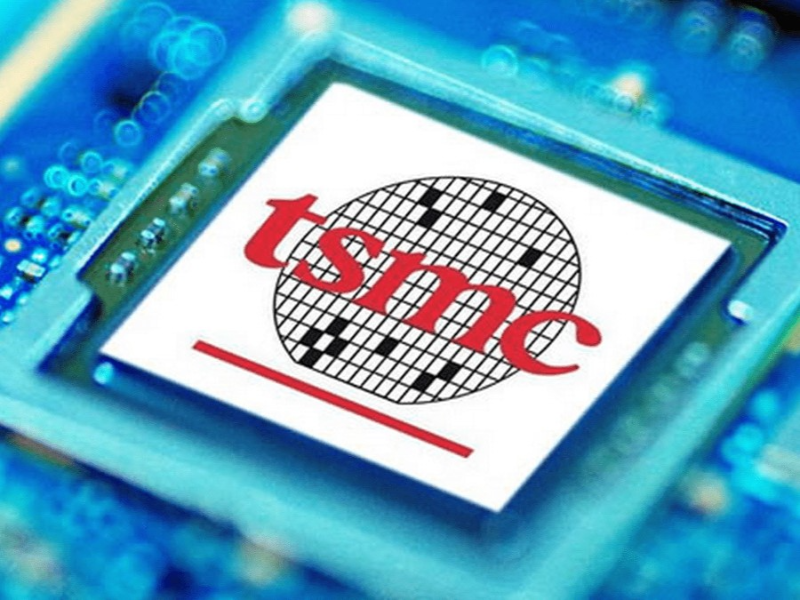- The U.S. approved a $6.6 billion subsidy for TSMC to enhance chip production in Phoenix, as part of the $52.7 billion Chips and Science Act.
- TSMC to invest $65 billion in Arizona, producing advanced chips by 2028.
What happened
The U.S. Commerce Department announced on Friday that it has finalised a $6.6 billion subsidy for Taiwan Semiconductor Manufacturing Co (TSMC) to support semiconductor production in Phoenix, Arizona. This agreement is the first major deal under the $52.7 billion Chips and Science Act, created in 2022 to boost domestic semiconductor output.
The contract comes just weeks before President-elect Donald Trump, who has criticised the programme, takes office. In April, TSMC expanded its planned investment to $65 billion and committed to building a third fab in Arizona by 2030. The second fab will begin production in 2028 and will manufacture TSMC’s advanced 2-nanometre technology. Additionally, TSMC will use its cutting-edge A16 chip technology in the U.S. Commerce Secretary Gina Raimondo highlighted TSMC’s commitment, saying, “They are doing their most sophisticated chips in the United States.” The subsidy also includes up to $5 billion in low-cost loans. The first $1 billion will be released by the end of the year. TSMC has also agreed to share excess profits with the U.S. government and forgo stock buybacks for five years.
The Chips and Science Act is crucial for reshoring semiconductor production. Raimondo emphasised that this is critical for national security.
Also read: U.S. imposes new export restrictions on TSMC’s AI chips
Also read: Trump’s comments cause TSMC stock plunge while profit set to rise
Why it is important
The $6.6 billion subsidy for TSMC is crucial as it aims to strengthen domestic semiconductor production, which is vital for U.S. national security and technological independence. This agreement is part of the broader $52.7 billion Chips and Science Act, which seeks to boost domestic chip manufacturing and reduce reliance on foreign supply chains. Semiconductors are essential for everything from electronics to defence systems, and supply disruptions can have serious economic and security impacts. By bringing its advanced 2-nanometre and A16 chip technologies to Arizona, TSMC helps the U.S. take an important step towards reshoring critical technology capabilities. The agreement also includes safeguards, such as profit-sharing and a freeze on stock buybacks, ensuring alignment with U.S. interests. However, with President-elect Trump taking office and his critical stance on the programme, uncertainty remains. Despite this, the commitment marks a significant move towards securing the country’s technological future.

